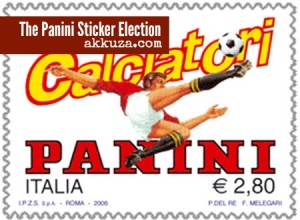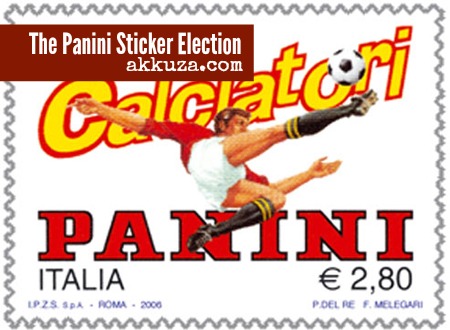 As you wait for the votes to be counted (or don’t) the Sunday online and offline papers will only give you an analysis of the campaign and not the results. One of the points being brought up in most of these analysis is that the campaign was far from being European and that the nationalist party was very negative.
As you wait for the votes to be counted (or don’t) the Sunday online and offline papers will only give you an analysis of the campaign and not the results. One of the points being brought up in most of these analysis is that the campaign was far from being European and that the nationalist party was very negative.
Criticism of the absence of a European aspect is not entirely correct – in many ways much of our lives today are governed by a multi-layered approach to legislation. The purpose of European legislation remains, to a large extent, the creation of a harmonised ever closer union while the remit granted to the Union is widening (albeit admittedly at a slower pace). Hot national issues will almost inevitably bear the mark of a European influence if, for European you mean the corpus of legislation that we have come to know as the acquis communautaire. No power station, environmental policy, or even social right issue will be entirely free of a European dimension.
The underwater cable linking Malta to Sicily for example was in the news recently thanks to fishermen in Sicily who complained that it is not really being laid low enough and their nets risk dragging it. Even issues such as the sale of passport were wrongly interpreted as being solely of a national dimension – in the end it depends on your outlook towards policy and its creation. The latter has to be combined with the attitude towards your place in Europe – this blog has often gone on record criticising the fact that notwithstanding Labour’s claim to try to be best in Europe its operation remains one of detachment firmly entrenched in an “us and them” mentality.
Are the nationalists really “negative”? The blue and red style of politics would lead to an analysis that answers such a question with a resounding yes. In truth though the nationalists are attempting to perform their duty as an opposition to the best of their abilities and resources. I listened to both leaders’ concluding speeches of the campaign. Busuttil did run through a list of deficiencies of the current government (linking them well, in my opinion, to European values).
What else could be expected though? This was not, and could not have been, a campaign based on roadmaps and manifestos that would be implemented by elected candidates. Whether it is 3-3, 4-2 or 3-2-1, the elected MEPs will be sitting in a wider formation in the European Parliament and joining in the wider program of their respective formations. They are not in a position to promise cheaper electricity bills and the proverbial Maltese “dancing water”. The campaign could not therefore veer too far from the local realities and credentials of the respective parties backing their horses.
As for the sticker album. The whole plan backfired. Why? Well the real reason is not that it was not a good idea to create a list that belies the much vaunted concept of meritocracy – far from it. The problem was elsewhere – mainly in how this list was sold and compiled. It was a lazy bit of research that resulted in a list that still had leftovers of the “guilt by association” campaigns of the past by the PN that was part of their downfall. Yes, there were many wrongly named persons on that list who were drawn into the blood feud of the two houses. No doubt about that. Even just one person who found himself wrongly named in the sticker album would have been one too many – as it turned out it was more than one.
The criticism of the overall reaction to the sticker album served Labour well. It reinforced their spin of “negative PN” and whatever good points could be had regarding the general approach of a Labour government bulldozering its way over the concept of meritocracy seem to have been lost. It is strange however how not many in the press have picked up on the fact that even Labour pundits such as MaltaTody’s Carmen Sammut went on record stating that “Xi nies ma misshomx kienu hemm” (some people should not have been on that list). Emphasis on the “xi” (Some).
That’s quite an admission by far. Marlene Farrugia is not the only one realising the cracks that appeared in the credibility of this government. The EP elections may have been run on a skewered sense of vision – one that once again exalted the bipartisan approach over and above everything else. That is really where the European element went missing. The value of representation in the European parliament is not entirely appreciated – even if you look at it from the possibility of having a Maltese representative within a third formation of the parliament itself. The elections became another sparring opportunity – for Muscat to somehow confirm his rooster approach and supposedly legitimate his inroads into democratic accountability and for Busuttil to test the ground before beginning the real campaign that ends four years from now.
You will hear much about winners and losers. In many ways everyone will manage to paint himself as some kind of winner today – even that Ajkla guy. The only real winners in an election can be the voters – and that is when their vote translates into effective democratic representation within an important pillar of European democracy.

